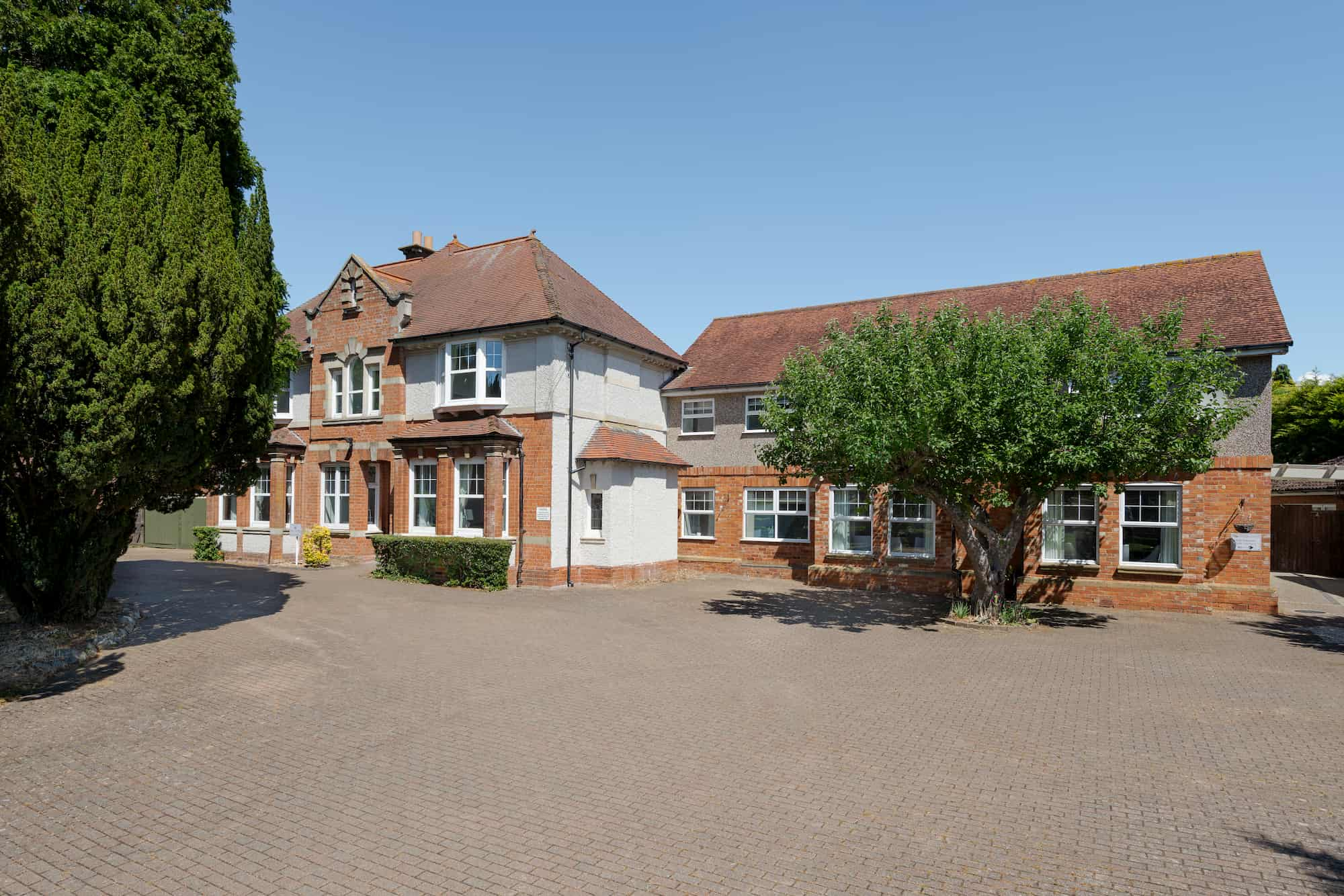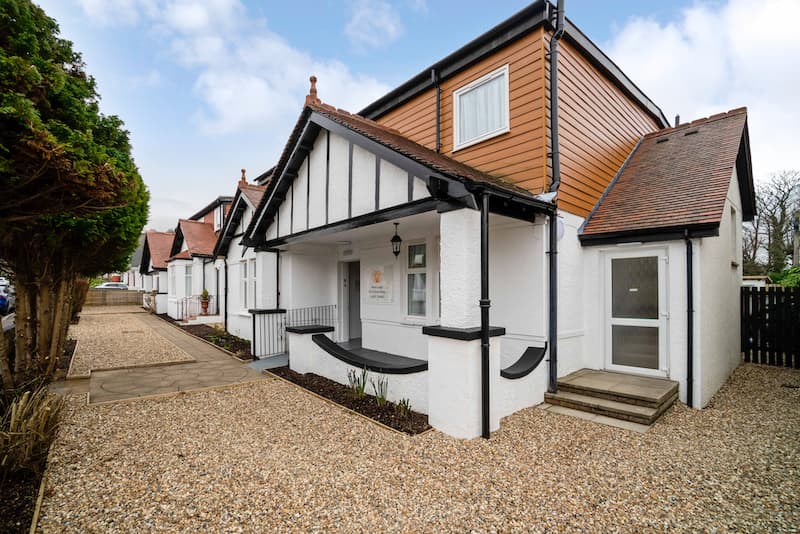Addiction is damaging. It can take a heavy toll on nearly every aspect of your life. Persistent substance abuse drastically increases the risk of all sorts of debilitating and deadly health issues, including chronic and life-changing illnesses such as heart disease, liver disease and many different forms of cancer.
It also significantly increases the risk of acute medical emergencies, making fatal crises like heart attacks and strokes much more likely. Depending on the substance, you could lose your life to drug poisoning. According to the Office for National Statistics, there were 4,859 deaths related to drug overdose in England and Wales in 2021 alone.1 This figure only accounts for the deaths where drug abuse was officially registered as a significant cause, so the actual number may be higher still.
It is not just the body that drug and alcohol addiction affects, but the mind too. Substance dependency and mental health issues such as depression are often closely linked. Many people begin abusing drugs and alcohol as an escape from stresses and problems in their lives, but over time these harmful substances can themselves cause changes to the addict’s brain chemistry and exacerbate those pre-existing mental health problems.
Sometimes an addiction develops as a result of casual or recreational drinking or drug use, and over time reliance on the drug and the resultant changes to the addict’s sense of pleasure and reward can lead to chemical imbalances in the brain that induce issues such as depression. When addiction and depression occur together it is known as dual-diagnosis, and it is extremely common.
Get In Touch
Are you suffering from Addiction and need help? Addiction Advocates are leading UK based experts in Private Drug and Alcohol Rehabilitation Treatment. Find out how we can help by getting in touch with our friendly team today.
Signs of Drug and Alcohol Addiction
Because drug and alcohol addiction can be so damaging, it is important to try and nip the problem in the bud. It is an unfortunate fact that there is still a great deal of stigma associated with addiction in our society, and the feelings of guilt and shame that often go hand in hand with substance dependency can make it difficult to admit that you have a problem. In some cases, it can be difficult to realise that you have fallen into the trap of addiction, especially if your drinking or drug use began casually. Here are some of the signs and symptoms to watch out for:
- Feeling sick or unwell if you haven’t had anything to drink or taken any drugs
- Feeling strong cravings for alcohol or drugs when you haven’t had any
- Unusual changes in your behaviour or mood, including increased irritability or aggression
- Isolating yourself from people you would usually be excited to see
- Drinking or taking drugs in secret
This list is not completely exhaustive, but if you find yourself relating to any of these symptoms then it is possible that you have a problem. Ultimately, if you are worried that you have an addiction, that worry in and of itself is quite telling. It can be hard and frightening to admit this to yourself or those around you, but it is important to remember that there should be no shame in reaching out for help. Addiction is a disease, and like any disease its sufferers are worthy of compassion and support.
Why Choose Drug and Alcohol Rehab?
Getting over an addiction is not easy. If you are addicted to a substance and you stop taking it, your body will begin to crave the pleasurable effects that it has become dependent upon. These cravings manifest as withdrawal symptoms, and they can be both painful and dangerous. Most addicts, if they try to beat their addiction alone, do so by going cold-turkey. This approach rarely works, because the withdrawal symptoms – which can range from mild aches and pains to more serious issues like seizures and hallucinations – are too hard to deal with.
The safest, most effective way to kick an addiction is to undergo professional treatment at a residential drug and alcohol rehabilitation centre. Residential rehab offers a regulated and managed environment in which you can safely undergo drug and alcohol detox – the process where your body metabolises and removes the toxins from your body, and the period when you will experience withdrawal. At a clinic, you don’t have to worry about an immediate relapse or the dangers of withdrawal, dedicated and professional medical help will be on hand at all times to provide support in this difficult and frightening time.
Alternative Drug and Alcohol Treatments
After alcohol and drug detox, rehab clinics offer holistic programmes of therapy to address the psychological aspects of your addiction, help you get to the root causes of your substance abuse issues, and ensure that you don’t fall back into old habits. Cognitive behavioural therapy (CBT) is the most common treatment offered by rehab clinics.
It is a therapy that seeks to help you break self-destructive patterns of thinking and acting. But this is not the only option available. One-on-one and group counselling sessions can be incredibly helpful in allowing you to explore your emotions and behaviours, and alternative therapies such as art therapy can help you to develop healthier outlets and reach a place of self-understanding.
How Can We Help?
Addiction Advocates is a referral service. If you get in touch with us, we can assess your case and ensure that you are directed to a rehab clinic and treatment programme that is suited to your own individual needs. We recognise that every case is different.
People fall into addiction for a wide variety of reasons, they use different substances, and the problems they face can differ significantly. There is no ‘one size fits all’ approach to rehabilitation, and it can be difficult to know which clinic is best for you. That is where we can help.
Get in touch today by calling our helpline at 0800 012 6088 or through our online form. Our dedicated referral team are here to talk, and help you secure a place at the rehab clinic that is right for you.



